Summer is coming and with that comes the impending threat of wildfire season in many states. As temperatures continue to rise and rain and snow aren't as prevalent, the threat of wildfires in much drier conditions are more and more present. What exactly is wildfire season and what do you need to know to avoid potentially starting a fire? We've got some tips for you!

Wildfire season, and the areas effected, are continuing to expand with the states seeing the most fires being California, Georgia, Texas, North Carolina, Florida, Arizona and Oklahoma. Nearly 85 percent* of wildland fires in the United States are caused by humans. Human-caused fires result from campfires left unattended, the burning of debris, equipment use and malfunctions, negligently discarded cigarettes, and intentional acts of arson.
*Source: 2000-2017 data based on Wildland Fire Management Information (WFMI) and U.S. Forest Service Research Data Archive

Lightening is another starter of wild fires. According to nps.gov "lightning is described as having two components—leaders and strokes. The leader is the probing feeler sent from the cloud. The return streaks of light are a series of strokes that produce the actual lightning bolt or flash that we see.
There are two types of lightning—cold lightning and hot lightning. Cold lightning is a return stroke with intense electrical current but of relatively short duration. Hot lightning has currents with less voltage, but these occur for a longer period of time. Fires are usually started by unusually long-lasting hot lightning bolts."

With the majority of wildfires starting due to human error, we have a lot of room for educating, taking steps to become more proactive and safe in the outdoors. One thing to be aware of is if the area you are in has fire restrictions in place. For example, below are Arizona's Fire Restriction stages:
Stage 1 Fire Restrictions include:
1. Building, maintaining, attending, or using a fire, campfire, charcoal, coal, or wood stove other than in a developed campsite or picnic area is prohibited. Exemptions include persons using a device solely fueled by liquid petroleum or LPG fuels that can be turned on and off.
2. Smoking is prohibited unless: it is within an enclosed vehicle or building, a developed recreation site/improved site, or while stopped in an area at least three feet in diameter that is barren or cleared of all flammable materials.
3. The discharging or using of any kind of fireworks and incendiary devices is prohibited.
4. Welding or operating acetylene or other torch device with an open flame is prohibited.
Stage 2 Fire Restrictions include:
- Building maintaining, attending, or using a fire, campfire, charcoal, coal, or wood stove including fires in developed campgrounds or improved sites is prohibited. Persons using a device fueled solely by liquid petroleum or LPG fuels that can be turned on and off is permitted. Such devices can only be used in an area that is barren or cleared of all overhead and surrounding flammable materials within 3 feet of the device.
- Smoking, except within an enclosed vehicle or building, is prohibited.
- Discharging a firearm except while engaged in a lawful hunt pursuant to state, federal, or tribal laws and regulations is prohibited.
-
Mechanical and Industrial prohibitions:
- Operating any internal combustion engine.
- No chainsaw use from 9 A.M. to 8 P.M.
- Welding, or operating acetylene or other torch with open flame.
- Using an explosive.
You can learn more about closures in your state and get well acquainted with what is allowed and not allowed during each restriction phase. It is also important to be aware of what can ignite a fire that we may not even think twice about: dragging chains, parking over brittle, dry grasses and plants, shooting in dry areas that are not designated, camp stoves, the hot undercarriages of vehicles, campfires that are not put out fully, fireworks, discarded cigarettes and more.


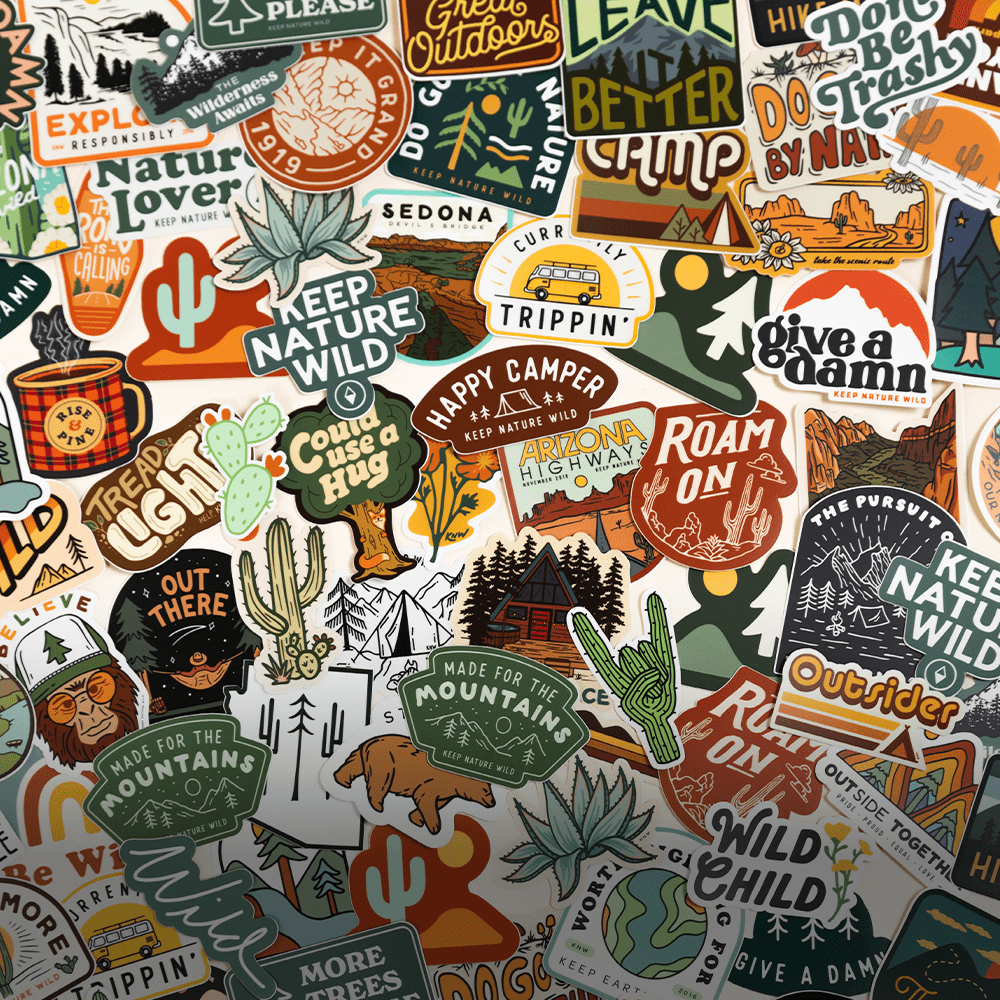
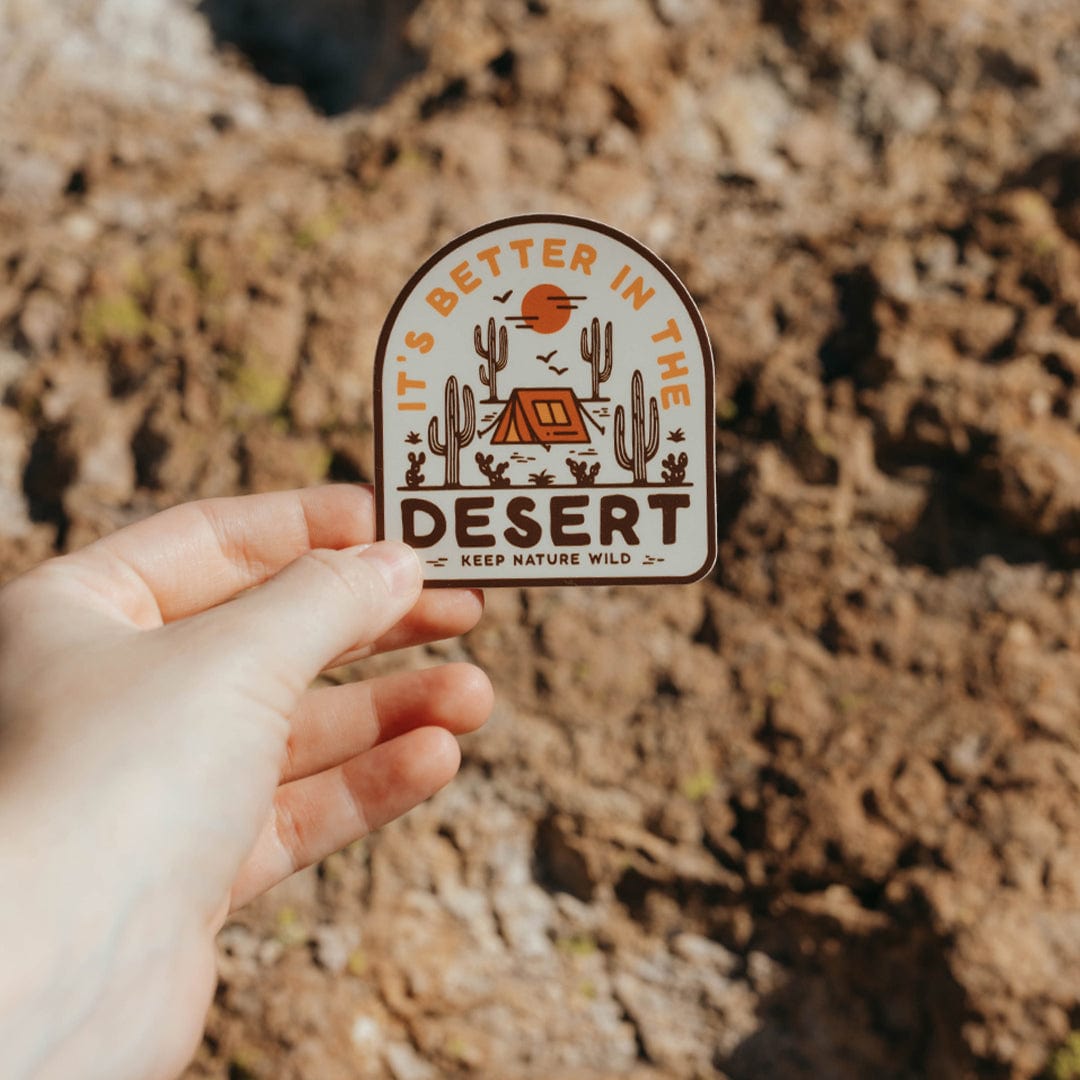
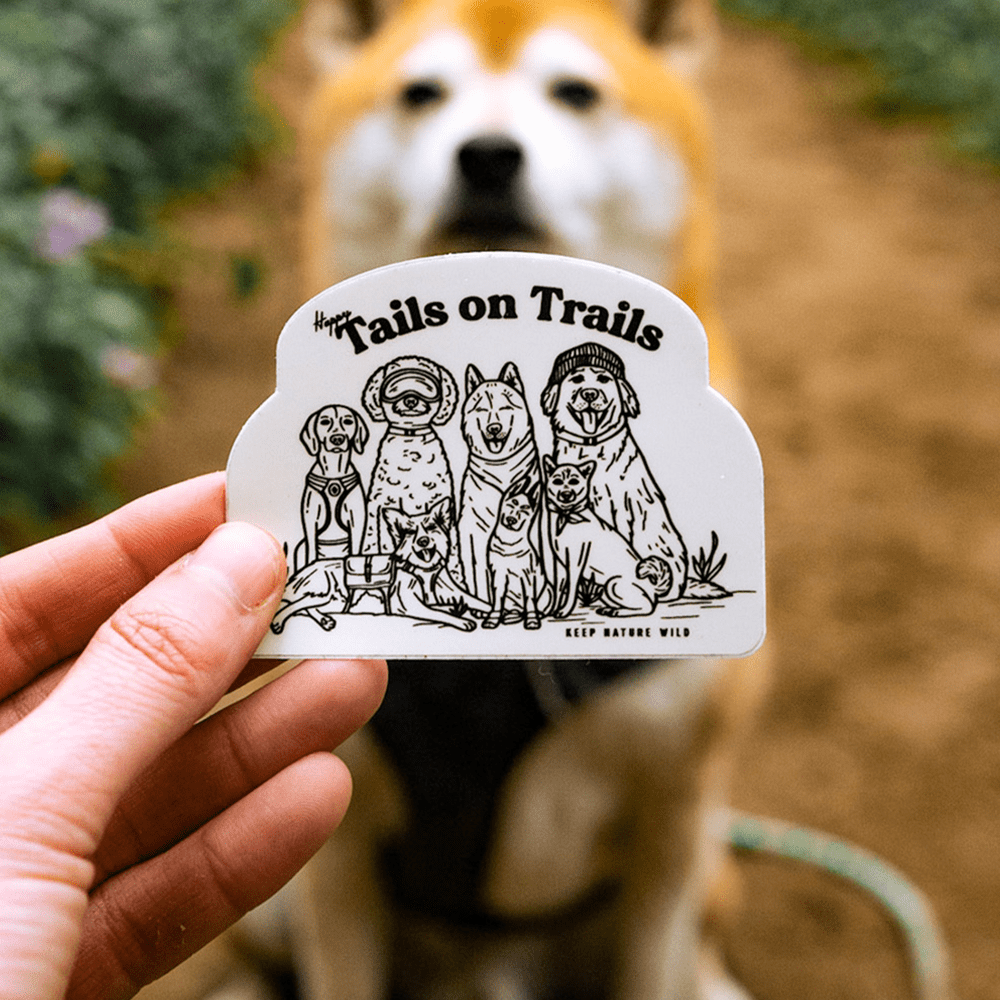
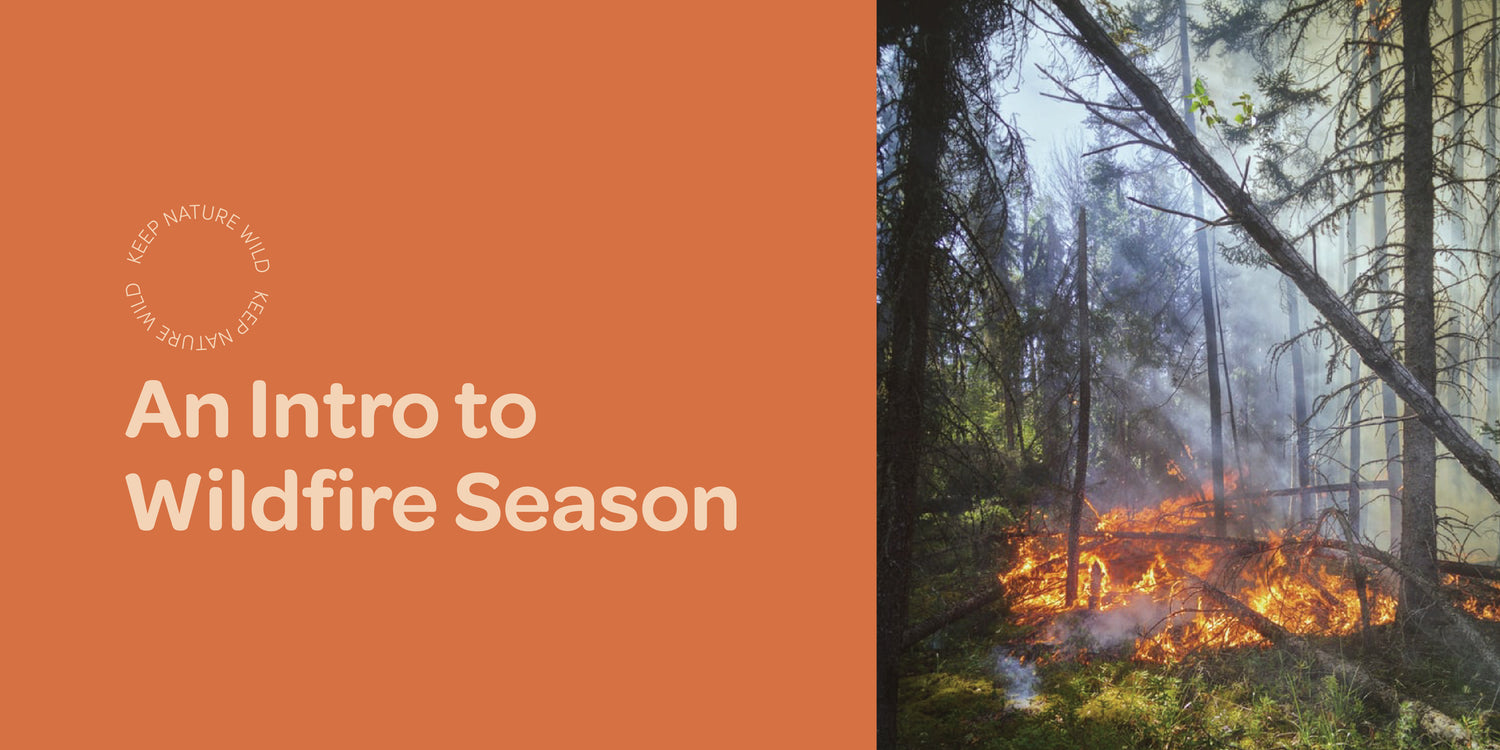
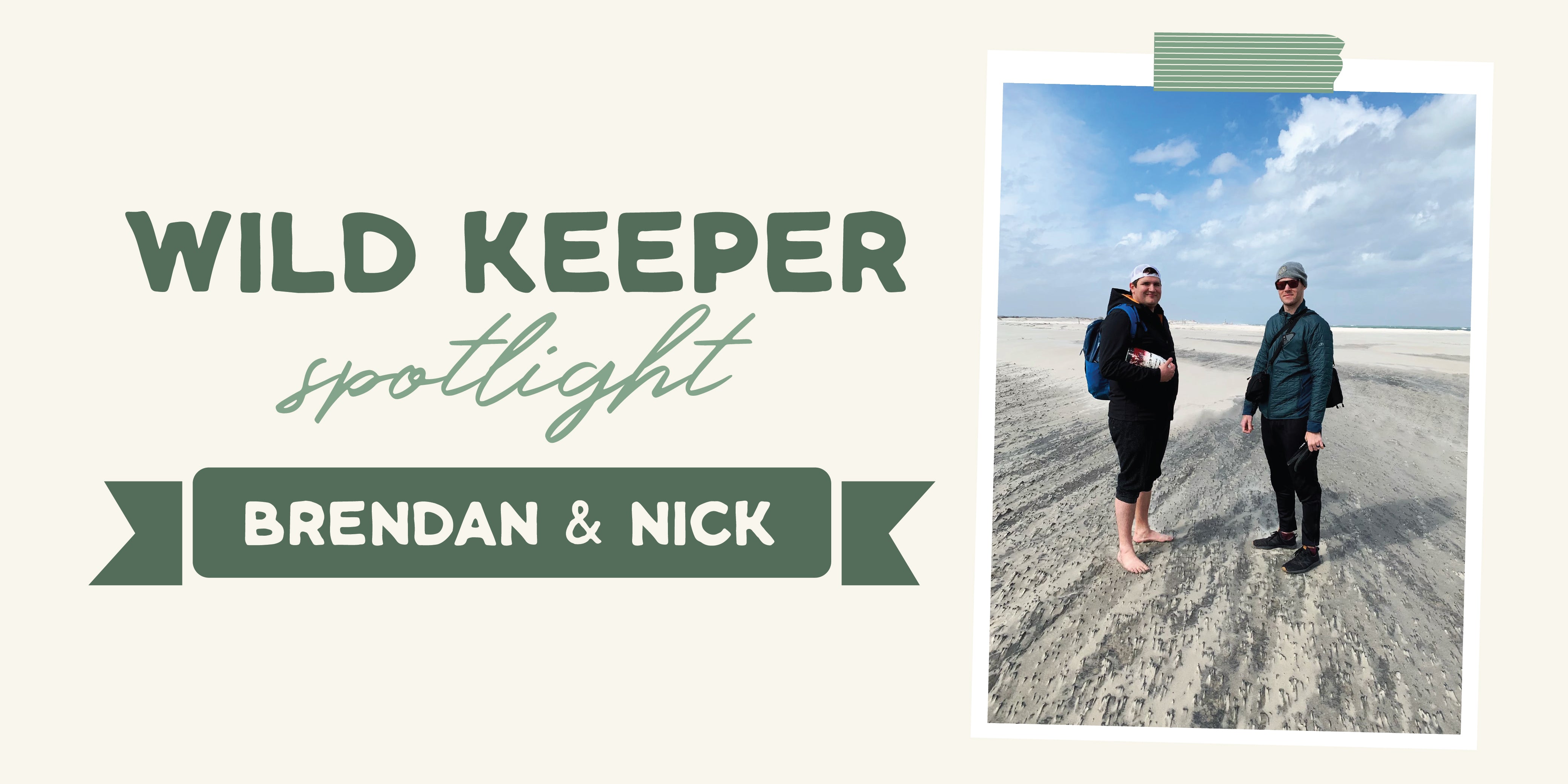
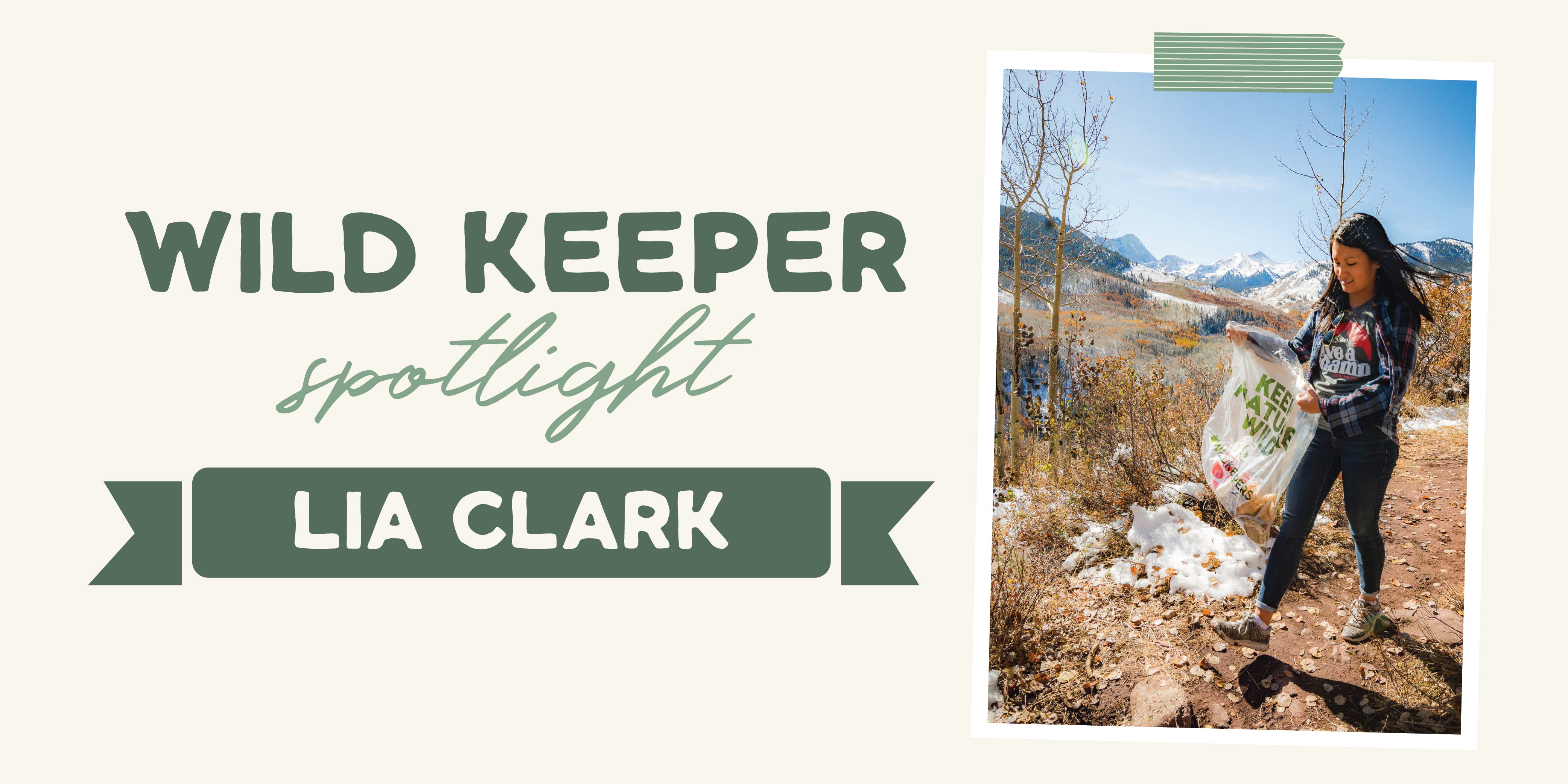
Leave a comment
All comments are moderated before being published.
This site is protected by hCaptcha and the hCaptcha Privacy Policy and Terms of Service apply.